There are plenty of articles about the terrible ways social media affects body image for people of all ages. And for good reason. They’re true.
Social media can be a huge body-image killjoy.
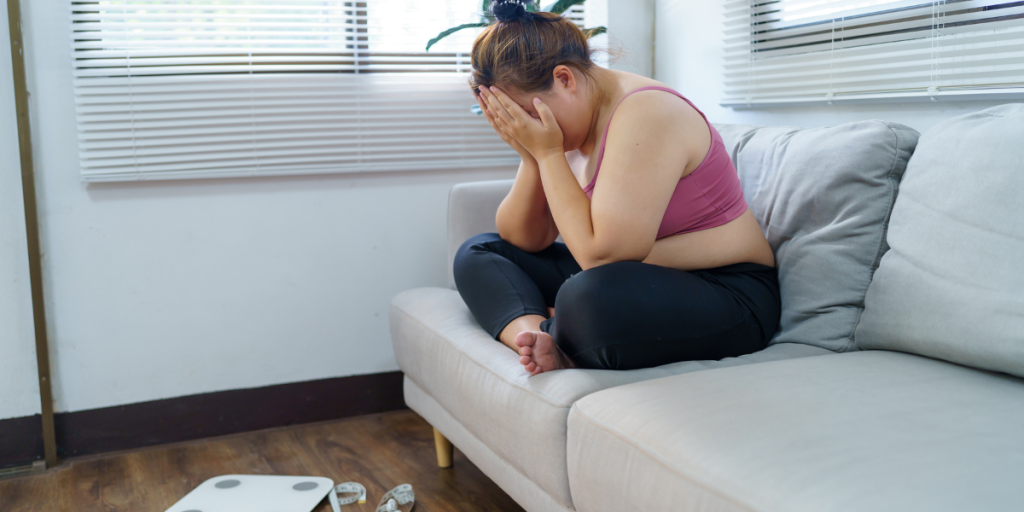
You probably already know this, even firsthand— especially if you identify as female. And Diet Culture of the United States and other Western countries just adds to the problem.
Scrolling through images of friends, acquaintances, and influencers can be a real downer, especially if you’re competitive. Who got more ‘likes,’ ‘loves,’ comments? Why did I get a thumbs-up, but she got a red heart?
Scrolling can be particularly tough on self-esteem. The same is true if you’re comparing yourself to determine who’s the hottest, most popular, or other (fill-in-the-blank)est.
Social media provides a 24/7 opportunity to compare yourself to countless others’ highlight reels and to internalize Diet Culture messages.
Social media spreads toxic Diet Culture themes, such as:
- Body dissatisfaction (for all genders, especially people who identify as LGBTQ)
- Internalization of the cultural ideal
- Disordered eating
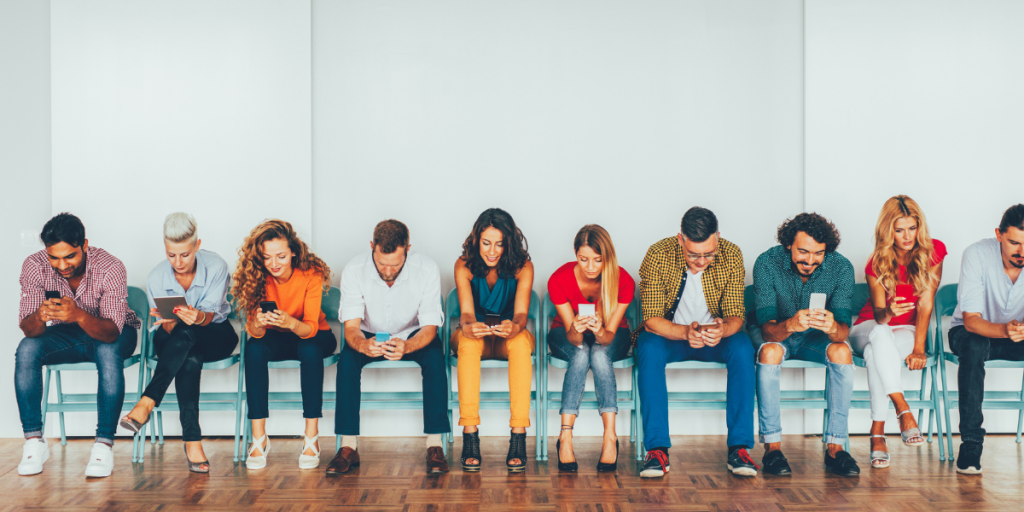
A 2019 report suggests that more than 3 billion people are active social media users. That’s nearly half of the world’s population.
The impact of social media on how we think and behave is mind-blowing.
Keeping up with the Kardashians and with other trends, looking a certain way, and having a particular aesthetic have become a given. And social media posts communicate this loud and clear.
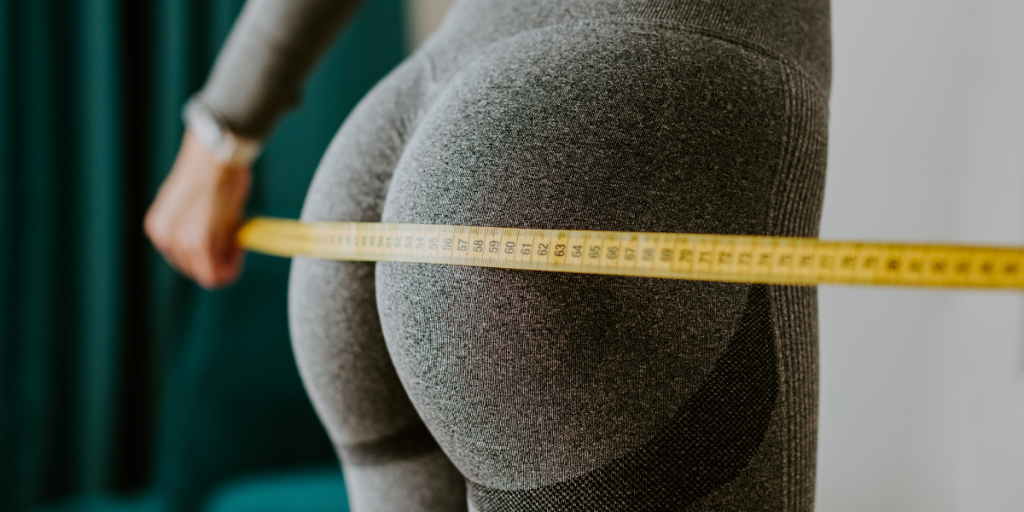
Social media demonstrates beautifully that “comparison is the thief of joy.”
Even though Teddy Roosevelt wasn’t referencing social media, his sage insight is as fitting now as it was then.
How are you using social media?
There are many different ways to use social media.
How you use social media affects body image. For example, how do you consume what other people post? Are you taking, editing, and uploading selfies? Do you follow close friends and family? Or a bunch of celebrities and influencers? Which platform do you prioritize?
Most likely you do some combination of consuming, uploading, and following.
As we said, social media is toxic for body image, largely because of the built-in comparisons it promotes.
Self-objectification is at the heart of the problem.
What is self-objectification?
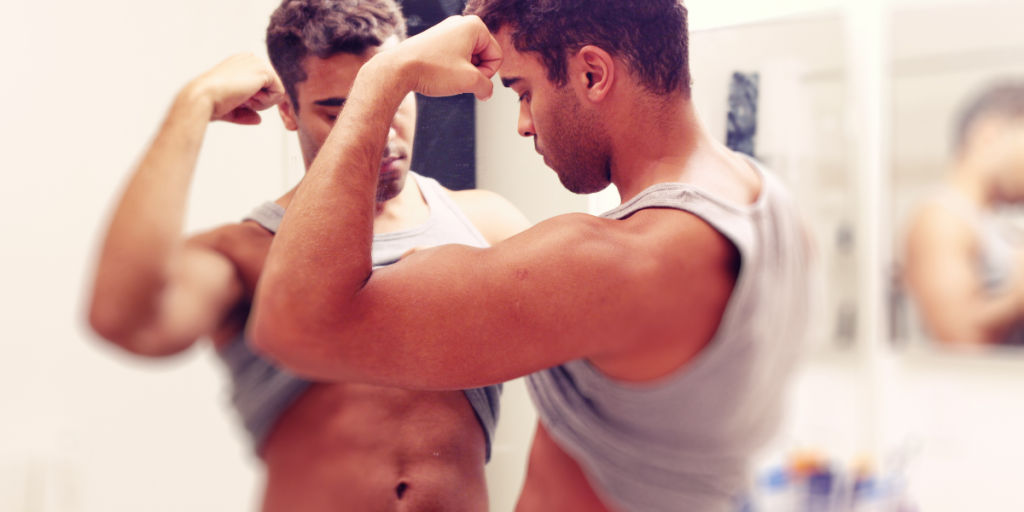
Self-objectification occurs when you internalize an observer’s view of your own body. (As if your body is a mound of clay to measure, shape, and control.) By viewing and treating your body as an object, you essentially scrutinize your own body in anticipation of being evaluated by others.
Your body becomes a ‘thing’/object to monitor, manage, and curate rather than a means of expressing your life.
Is viewing social media always associated with poor body image?
This is a ‘no, but.’
Social media use is consistently and positively associated with negative body image. (That’s the ‘but.’)
Scrolling through the feed of a Diet Culture-oriented fitness instructor, for example, will likely worsen body image.
However, researchers have identified some nuance in the effects of social media on body image.
For example, different social media platforms impact body image worse than others.
In fact, a recent study suggests Instagram users spend more time looking at images of people, while Facebook users spend more time looking at images without people in them. And FB users tend to read and write more content.
It’s no surprise, then, that Instagram users report more appearance comparisons than Facebook users.
Women in the study’s Instagram condition also reported thinking about their appearance significantly more than women in either the Facebook or (online game) Bejeweled conditions.
Another example in the ‘yes’ column: time spent on body positivity sites can improve body image.
Do #BoPo images really help people improve body image?
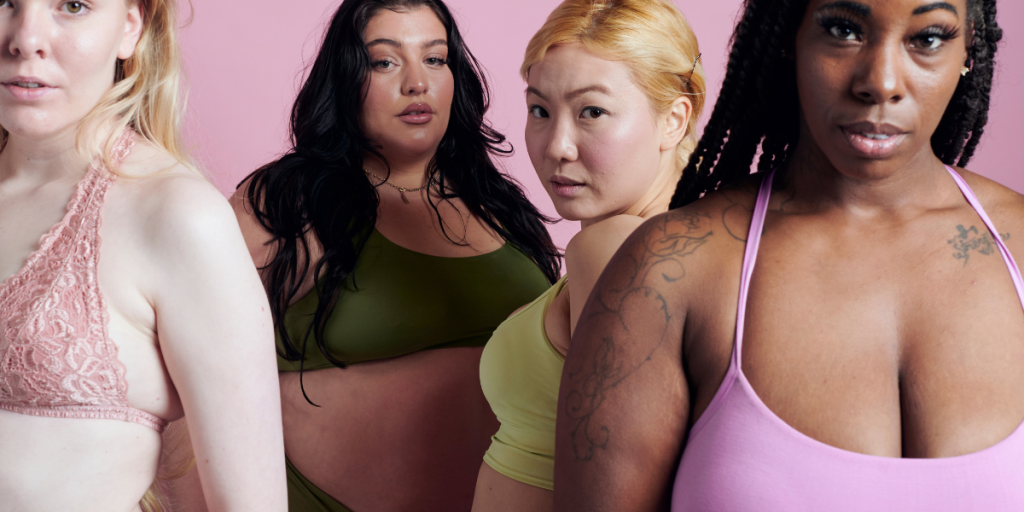
In social media language, #bopo refers to body positivity, The purpose of #bopo images is to encourage acceptance of and appreciation for all body types.
Viewing body-positive images on social media sites can be associated with improved body image. But not always.
The basic criticism of Body Positivity is that the focus is still on bodies. The ‘love your body at any size’ message of #bopo is lovely. But, again, focus is still on appearance.
Our bodies are more than something to look at. How strongly you identify with that belief system affects the impact #Bopo images have on you.
What about #Fitspo posts?
“Fitspiration,” aka #fitspo in Instagram language, is a popular social media category. #Fitspo images promote exercise and ‘healthy eating’ (aka Diet Culture) as a source of encouragement and inspiration.
(Please pardon the snark here: If the encouragement and inspiration are meant to inspire a nosedive in body image, mission accomplished.)
Exhibit A: In a 2017 study, 160 female undergraduates viewed either #fitspo, self-compassion quotes, or a mix of the two. Here are the findings:
#Fitspo viewers were low on self-compassion.
“Fitspiration” images were associated with being self-critical.
Compassionate quote viewers (e.g. “You’re perfect just the way you are”) were kinder to themselves AND thought more positively about their bodies.
Good news! For those who viewed #fitspo and self-compassion quotes, the benefits of self-compassion outweighed (pardon the pun) the negatives of #fitspo.
Geek alert: Much of the research on how social media affects body image is based on correlational studies, which means we can’t say that one thing (social media posts) causes another (poor body image). It’s possible that social media and poor body image are linked for other reasons. For example, people with body image issues may be more likely to use social media.
What about posting selfies?
When it comes to posting pictures on social media, selfies prevail.
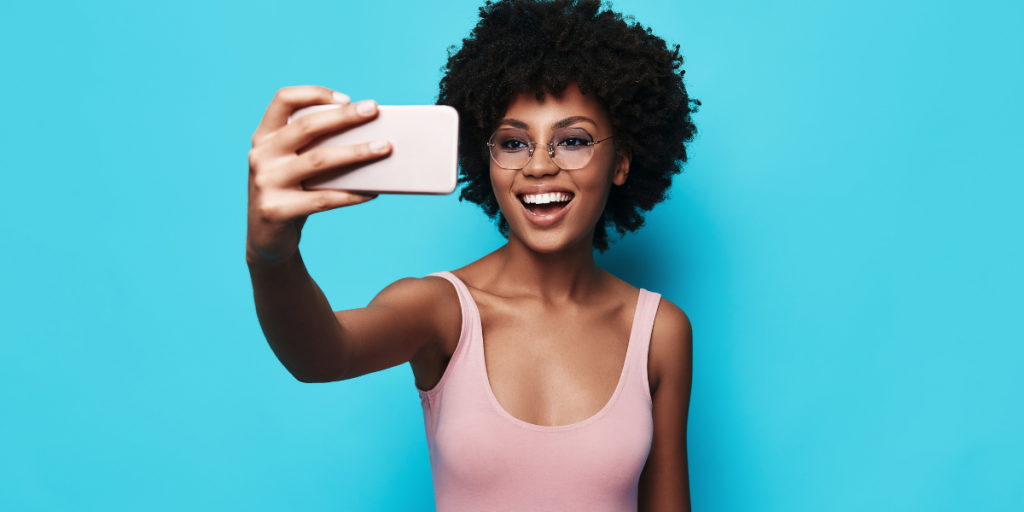
Selfies are photos taken of oneself or of oneself in a group. They’re often used on social media sites as a way to present oneself.
Modifying selfies so we appear more conventionally attractive (that’s Diet Culture speak for thinner) is an automatic step in posting. We “edit” ourselves to accumulate more followers and boost our social media presence and reputation.
Among female college students (and probably among most people), taking and posting selfies, with and without photo-retouching, worsen mood and body image. This is true even when editing, filtering, or otherwise retouching selfies.
Selfie takers still tend to focus on what they don’t like about their looks.
Retouching photos doesn’t prevent a body image decline. Maybe the anxiety of accumulating “likes” and “loves” interferes with better body image. After all, the likes and loves can only provide temporary boosts or relief. #Reality!
Some experts suggest spending a lot of time perfecting selfies may indicate a person is struggling with body image.
Is this just a female thing?
No.
Negative effects of social media posts on body image extend to people of all ages and genders.
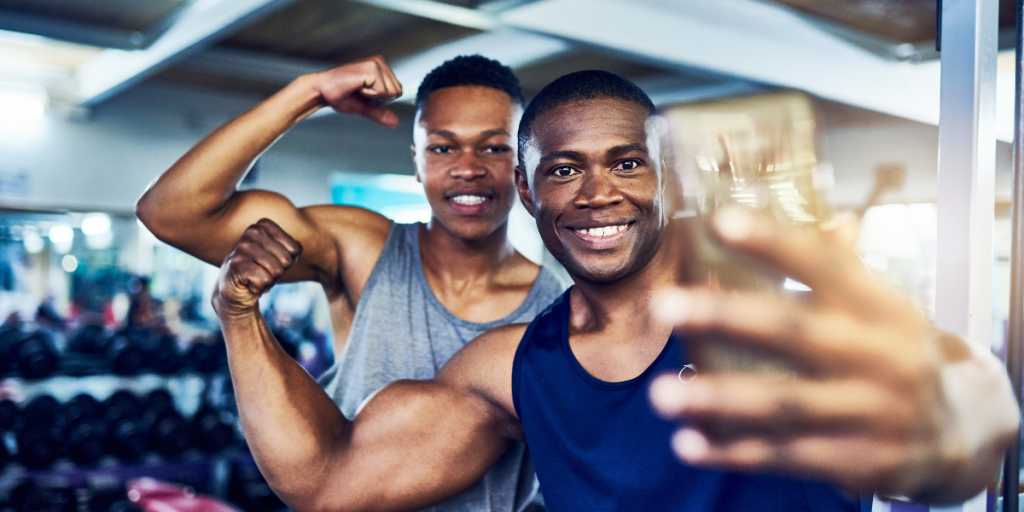
Men are not immune.
For example, a study found that men who reported looking at male #fitspo content more frequently said they compared their own appearance to others more often and cared about having muscles more. As a result, they had more body dissatisfaction and appearance-oriented motivation to exercise.
Among men, #Fitspo content is linked to concern about being muscular and lean for appearance’s sake.
Body image challenges existed long before selfies and social media were even a twinkle in the eyes of its creators.
Unfortunately, social media offers a stage and forum for users to compare bodies and popularity.The use of filters adds even more pressure to appear perfect. The overall effect of social media, at least as far as body image is concerned, is that of a toxic mirror.
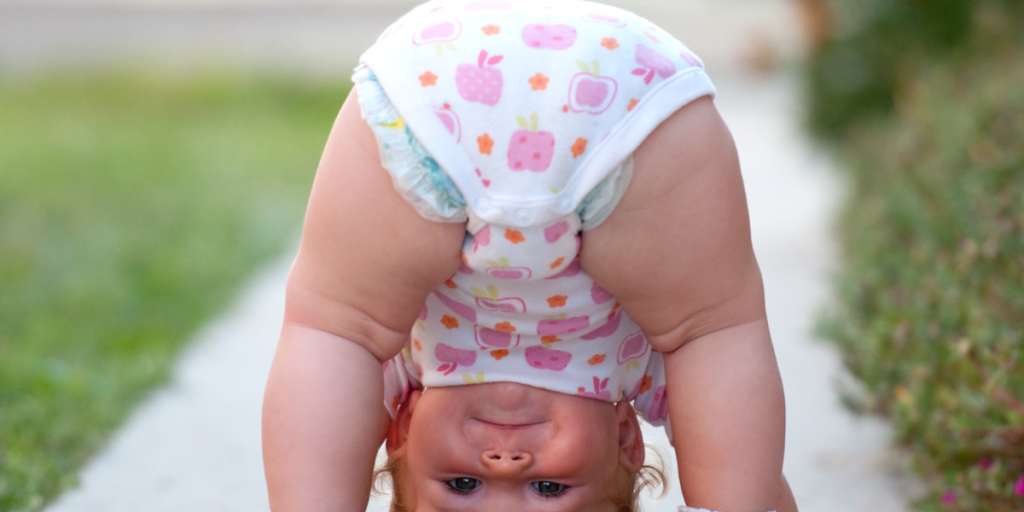
Consider for yourself ways to curate your feed and posts so they align with your own values. Especially when it comes to YOUR body and YOUR self-esteem.
I am Dr Elayne Daniels, a psychologist in MA specializing in helping people improve their relationship with their body. Life is soooooooo much better when you and your body are on the same side! Contact me here if you would like more information.


